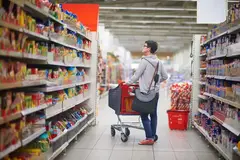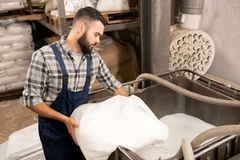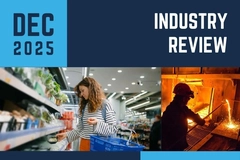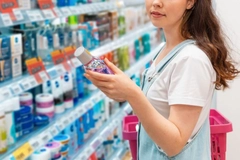Türkiye lifts ban on recycled plastic in food contact materials
Key takeaways
- Türkiye now allows recycled plastics in food contact materials under an amendment to its Food Codex Regulation.
- The update also permits reprocessing of plastic production scraps following good manufacturing practices.
- The move aligns Türkiye with global trends toward sustainable packaging and circular plastic use.

The Turkish Ministry of Agriculture and Forestry has amended its 2018 Food Codex Regulation on Food Contact Substances and Materials, stating that recycled plastic can now be used in food packaging.
The amendment also includes new rules for the reprocessing of plastic production scraps.
The Food Codex Regulation mandates provisions for all food contact substances and materials in Türkiye. According to the regulation amendment, “recycled plastics may be used to produce materials and articles intended to come into contact with food.”
The amendment also changed the Food Codex Regulation, including plastic production scraps.
It states: “Production scraps, edge trimmings, and similar by-products may be reprocessed in accordance with good manufacturing practices.”
Moreover, the amendment updated specific clauses of the regulation, involving changes to department names, updates to referenced regulations, and the addition of environmental and recycling requirements.
Food packaging in Türkiye
Recent packaging developments in Türkiye have focused on innovating food packaging solutions.
Mondi teamed up with Özler Tarım, a Turkish fresh fruit and vegetable exporter, to co-create a customized packaging solution that protects food products and improves operational processes.
Last April, Tomra Recycling equipped Turkish recycler Doğa PET with sensor-based sorting solutions to produce high-quality PET flakes and rPET granules for food and textile applications.
Adopting recycled plastics
Approaches to increase the incorporation of recycled plastic into packaging solutions varies across regions.
For example, the EU’s Packaging and Packaging Regulation sets down minimum targets for recycled plastics that vary depending on packaging type. The EU recently announced Prevented Ocean Plastic as the first PP recycled solution that meets EU food-safe standards.
In Australia, Amcor supplied Woolworths, the country’s largest supermarket chain, with bags containing 30% recycled plastic for its Own Brand sliced bread — saving 50,000 kg of virgin plastic annually.
A new PakTech survey stated that 67% of respondents shared that their companies are taking steps to reduce plastic use or are transitioning to “more sustainable” plastic options. However, over 85% of respondents said virgin plastic remains essential for the consumer packaged goods sectors.










